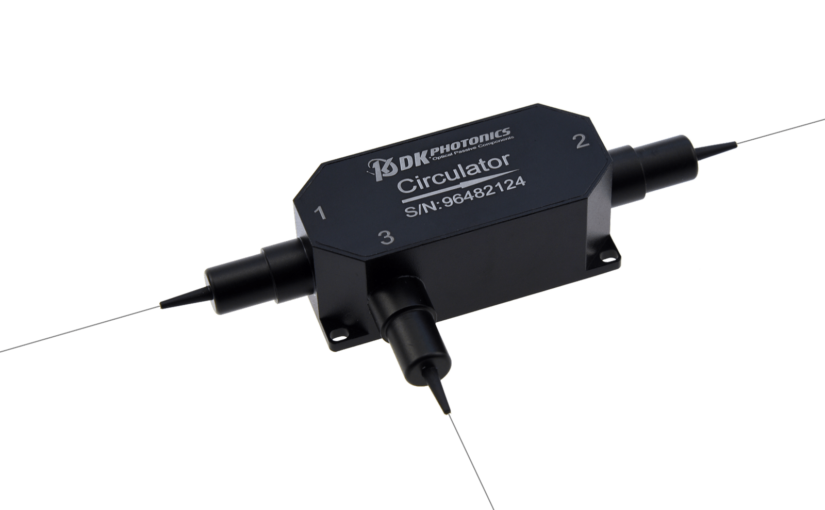Optical isolators are passive optical components designed for optical feedback prevention, available with different wavelengths such as 780nm, 800nm, 980nm, 1064nm, and so on. Their wavelength specification helps determine which applications optical isolators are more suitable. For instance, a 780nm optical isolator is best suited for telecommunication applications because 780nm is the wavelength of CD-ROM lasers that can be increasingly used for short-distance data communication.
In this blog, we will discuss why fiber laser systems need optical isolators in detail.
What does feedback do to a fiber laser system?
Even a little feedback can be dangerous for fiber laser systems. As rare-earth doped optical fibers are becoming more popular for designing ultrafast laser systems, certain issues related to fiber-based oscillators and amplifiers are also emerging. A fiber is known to have a high gain medium, which means any light that is unintentionally or accidentally injected into the fiber oscillator or amplifier can adversely affect the system performance significantly. It can lead to instability in the best case and damage in the worst case, and neither of them is good for your fiber laser system.
Optical feedback is produced by back-reflections off of incoming optics or by amplified spontaneous emission from an amplifier. This optical feedback is amplified by a high gain in doped optical fibers, which is harmful to fiber laser systems. Small signal gains of ~20dB or more are more common in optical fibers than a lower gain of ~5dB in bulk-doped materials. This and the relatively smaller size of a beam at the fiber end compared to bulk gain material lead to the damage threshold in fiber systems at lower optical powers.
Hence, it is essential to prevent optical feedback from entering fiber laser oscillators and to safeguard the subsequent amplifiers in fiber laser systems. Fortunately, there is a solution to this problem and that is the use of optical isolators.
How does a Faraday optical isolator ensure feedback prevention in fiber lasers?
A Faraday optical isolator is a special optical passive component that allows the transmission of signal light in only a forward direction and blocks the light coming in a backward direction. The main component of an optical isolator is the Faraday rotator, which is a magneto-optic material. A Faraday rotator’s function is to rotate the plane of polarized light 45 degrees in the forward direction and rotate non-reciprocally an additional 45 degrees in the reverse direction while maintaining the polarization of the linearly polarized light.
When the Faraday rotator is placed between two crossed polarizers, a Faraday optical isolator is formed. This isolator protects laser oscillators and laser amplifiers from the harmful effects of back reflections. A good-quality optical isolator is made of low absorption and high-damage threshold optics and is ideally suitable for use with fiber laser systems.
DK Photonics is the leading supplier of optical isolators in different wavelengths, such as 780nm optical isolators, 980nm optical isolators, 1080nm optical isolators, and more. For any queries related to the order of optical isolators, please connect with us right away.
